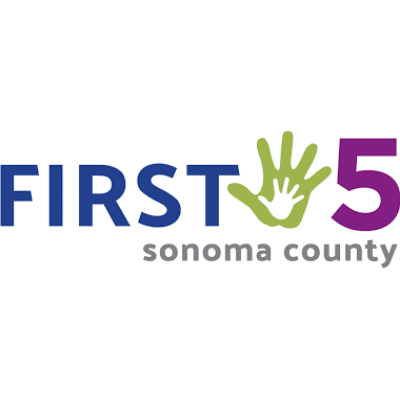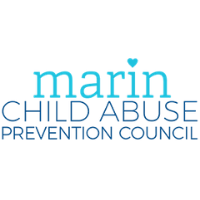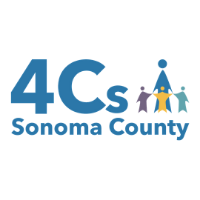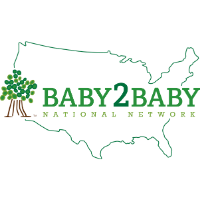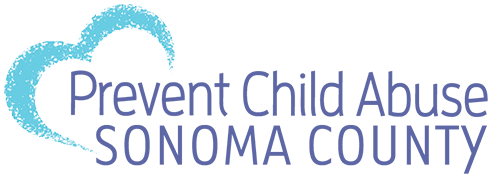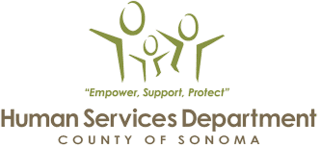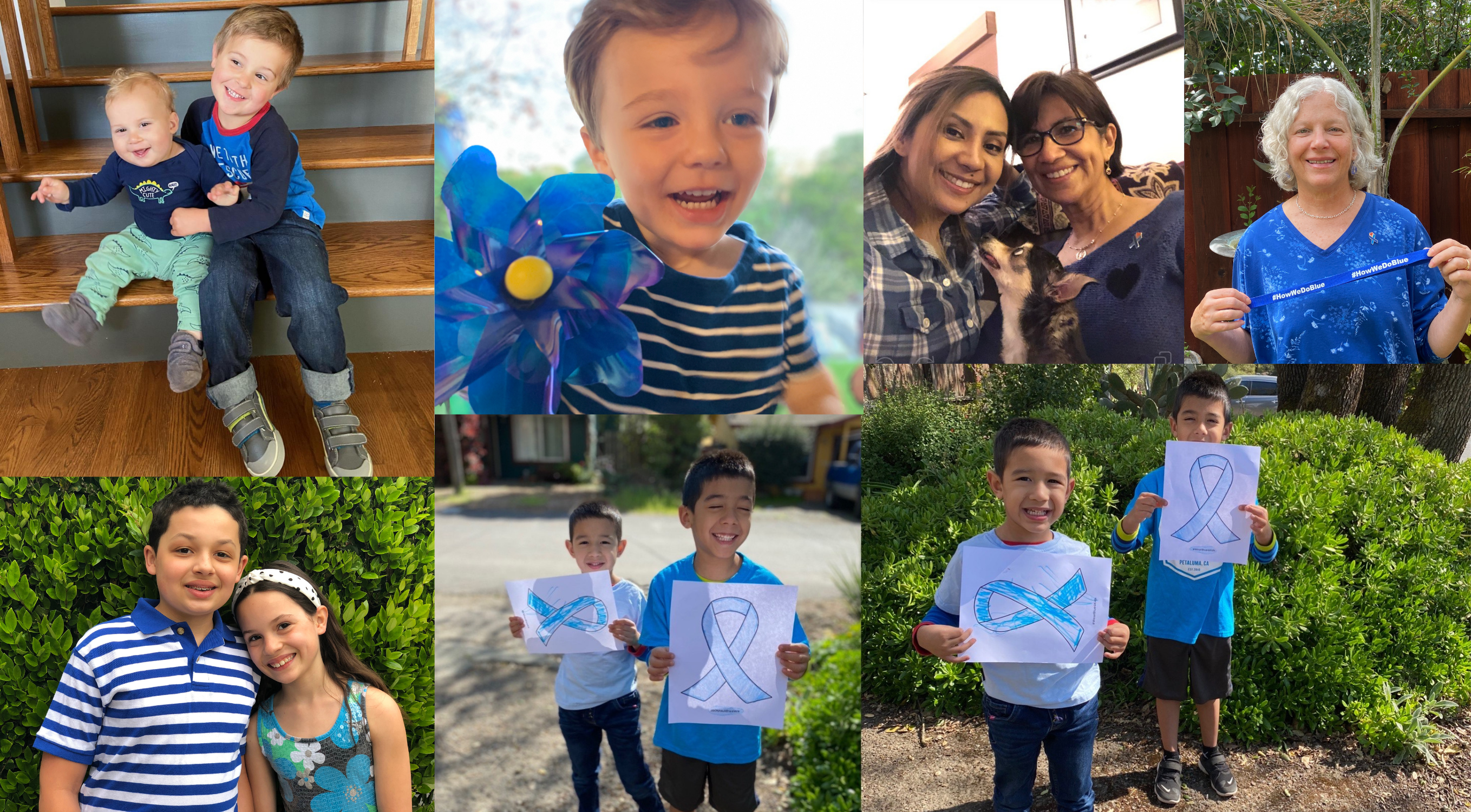
April is Child Abuse Prevention Month, a moment to pause and think about all the hardships and trauma children and families have experienced this past year. COVID-19. Displacement due to wildfires. Racism. Social isolation. Hunger. Lost jobs. Financial instability. Struggles with remote learning. Hate crimes. These multiple “storms” have left their mark. Communities across the nation have reported increased calls to domestic violence and mental health hotlines. Recent results from The Centers for Disease Control and Prevention’s Household Pulse Survey, suggest “the proportion of U.S. adults with symptoms of anxiety disorder and/or depressive disorder have quadrupled since before the pandemic,” especially among women and people of color (https://www.commonwealthfund.org/blog/2020/long-term-impact-covid-19-mental-health).
Thankfully, hope is on the horizon with COVID cases declining, vaccinations increasing, and schools and businesses starting to welcome kids and customers back. But life will not suddenly return to “normal,” as though someone flipped a light switch on. It will take time for children, families, schools, businesses, and communities to recover from these multiple storms and regain our sense of safety and well-being.
This is a challenge we can tackle together. As a community, we have a shared responsibility to create the conditions that enable all children and families to thrive. We can do this by providing the support and resources that families need to provide Positive Childhood Experiences – loving relationships and nurturing environments – that increase resiliency and counteract the effects of Adverse Childhood Experiences – such as losing a parent, witnessing or experiencing violence or abuse, being isolated during a pandemic, or experiencing discrimination and racism.
Here are some tips for parents, caregivers, and all adults who want to help create those Positive Childhood Experiences:
Encourage kids to express their feelings. Let the kids in your life know you’re there and ready to listen whenever they want to talk, especially about issues that may be scary or confusing like the pandemic, mass shootings, or racism. This helps children learn to identify their feelings, understand what is making them feel that way, and develop healthy ways of handling anger, sadness, fear, anxiety, or depression. If your kids aren’t used to talking about emotions, try using a feelings chart (with words or pictures of emotions), books, movies, social media, or imaginary play to help kids learn to recognize and name their feelings.
Support each other as a family, especially during difficult times. It’s important for kids to know their parents and caregivers are there for them in both good times and hard times. Spend brief, frequent quality time together to strengthen the bonds between family members. Or hold family meetings to check in with each other (about things other than family rules or household chores) and give and receive support. Make this a habit during “regular” times so that your kids know they can turn to their family for support during difficult, uncertain times.
Help your child or teen build positive relationships with at least two other adults who are not their parents or caregivers. These could be grandparents, other relatives, childcare providers, teachers, bus drivers, guidance counselors, coaches, therapists, pastors, neighbors, older youth – anyone who sees and values your child just as they are. Research has shown that having positive, trusting relationships with other adults makes a big difference in children’s lives, even (or especially) when they are experiencing challenges in other areas of their life. This can be particularly helpful for teens who crave independence from their parents but still want adult support and guidance as they navigate their way through adolescence, into adulthood.
Participate in community traditions and activities, such as holiday celebrations, volunteer days, farmers’ markets, or other cultural events. This helps children and youth build a sense of belonging and connection to their neighborhoods and communities. Involve your kids in planning fun, safe community activities your family can do together. Encourage your kids to take pictures, collect objects, or keep a journal of the family memories you’re creating together.
FINAL THOUGHTS: We may not ever completely prevent children from experiencing hardships in life, but we know that Positive Childhood Experiences can reduce or reverse the harmful effects of those difficult experiences. During Child Abuse Prevention Month (and every day, really), let’s recommit to building resilient communities that support nurturing family environments and strengthen children’s confidence and emotional resilience. We are in. Are you?
CPI's monthly parenting article provides tips for families raising children, based on the world-renowned Triple P – Positive Parenting Program, available in Sonoma County at CPI. If you have a question or idea for a future column, please email rociom@calparents.org.
This article is created by Nicole Young, the mother of two children, ages 17 and 21, who also manages Santa Cruz County's Triple P - Positive Parenting Program. Scientifically proven, Triple P is available locally through the Child Parent Institute. Our classes are listed at calparents.org/classes.




